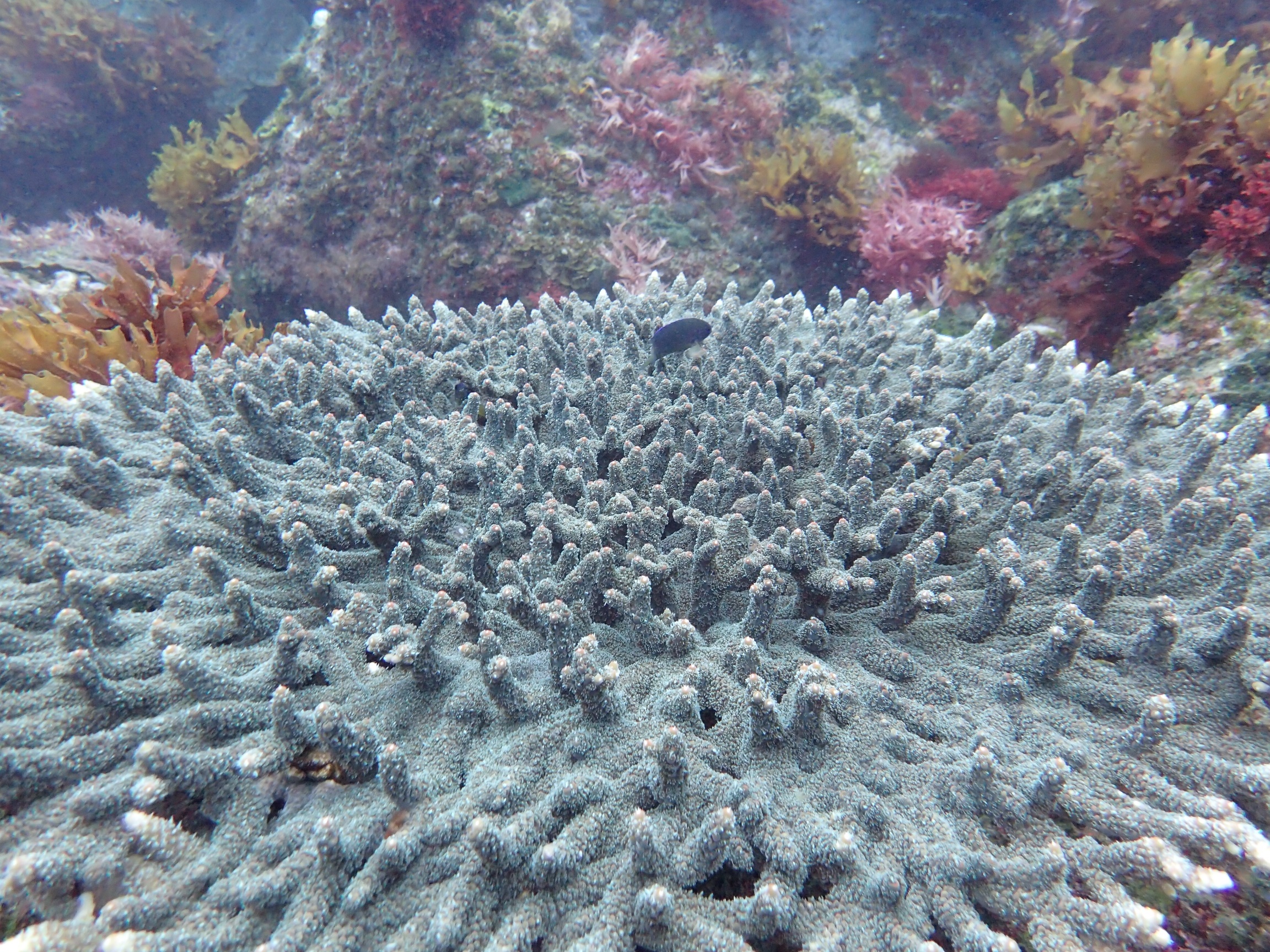
Ocean acidification is transforming marine ecosystems
A study led by the University of Plymouth has found that ocean acidification is causing major harm to life in the ocean. Coral reefs and kelp forests, in particular, are dying off as marine ecosystems are damaged by heat waves and carbon dioxide emissions.
According to the researchers, the destruction in the ocean is the result of three centuries of industrial development. If carbon dioxide levels continue to rise at the anticipated rate, ocean acidification could have a catastrophic impact on marine life.
These predictions are based on the recent discovery of volcanic CO2 that is flowing into the ocean off Shikine Island, Japan, which is on the border of temperate and tropical climates.
In this region, the flow of ocean currents produces naturally low levels of carbon dioxide in the surface water, which represent conditions that would have existed prior to the Industrial Revolution. However, the introduction of volcanic CO2 demonstrates how rising CO2 levels will affect future marine ecosystems across the planet.
“These CO2 seeps provide a vital window into the future,” explain to study lead author Dr. Sylvain Agostini. “There was mass mortality of corals in the south of Japan last year, but many people cling to the hope that corals will be able to spread north.”
“Therefore it is extremely worrying to find that tropical corals are so vulnerable to ocean acidification, as this will stop them from being able to spread further north and escape the damage caused by water that is too hot for them.”
According to the researchers, the few plants that benefited from the changing CO2 conditions tended to be smaller weeds and algae across the seabed that choke corals and lower overall marine diversity. Along with some smaller marine animals, these harmful species are thriving because they can tolerate the stress of rising carbon dioxide levels.
“Our research site is like a time machine. In areas with pre-Industrial levels of CO2 the coast has an impressive amount of calcified organisms such as corals and oysters,” said study co-author Jason Hall-Spencer. “But in areas with present-day average levels of surface seawater CO2 we found far fewer corals and other calcified life, and so there was less biodiversity.”
“It shows the extensive damage caused by humans due to CO2 emissions over the past 300 years and unless we can get a grip on reducing CO2 emissions we will undoubtedly see major degradation of coastal systems worldwide.”
Professor Kazuo Inaba added: “Local fishermen are keen to know how ocean acidification will affect their livelihoods. Currents flowing past Japan bring waters that have naturally low levels of CO2 and fish benefit from the array of calcified habitats around our islands.”
“If we are able to meet the Paris Agreement targets to limit emissions we should be able to limit further damage to kelp forests, coral reefs and all marine ecosystems.”
The study is published in the journal Scientific Reports.
—
By Chrissy Sexton, Earth.com Staff Writer
Image Credit: Marco Milazzo













